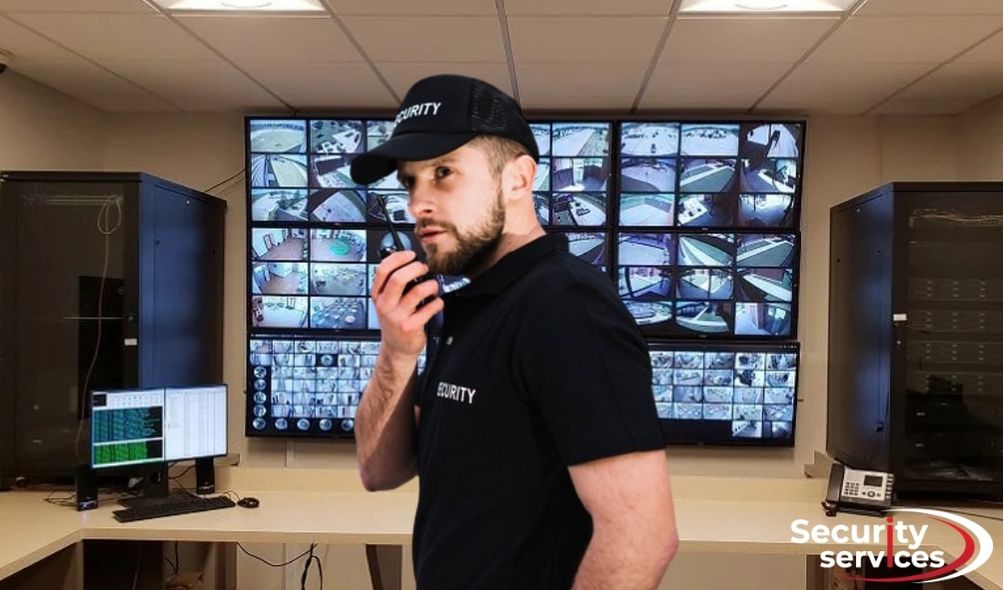Security officers have to protect their clients at all times. To do so properly and reliably, the officer should make their decisions based on actions taking place, not in the appearance of the people involved. Consequently, a decision has to happen quickly on who poses a risk as well as those who are allowed to be in a certain area of a protected property. Choices made with biases on gender, race, or age can lead to faulty conclusions and can even make the situation even worse.
Any profiling or bias based on external appearances can happen without the person responsible realizing that they are vulnerable to such feelings. It is important for everyone to learn more about the situation and work to overcome any biases. By trying to understand the problem, all the people involved can avoid the potentially tragic consequences of unfair perceptions.
Understand Common Stereotypes
Problems that surround a bias usually happen because of race, but there are many other ways profiling can happen. Judgments made on appearance alone can decrease the effectiveness of a security officer. Gender, age, and clothing style can affect how a security professional determines risk. Even a foreign accent can be an unfair warning signal if people use stereotypes of creating instant opinions.
Avoid Inaccurate Assessments
Security officers have to treat everyone around them with the same level of caution and respect. An elderly woman can still shoplift even with her comforting appearance. Consequently, a teenager with baggy pants and wild hair might have a good standing with the company. You might not know it but the most dangerous trespasser on the property could be that middle-aged man wearing a business suit.
A security officer has to follow the same procedure with every interaction that they have had during their shift. any failure to treat a person with the same respect as the others can lead to complaints about the officer and the business. With careful training and professional behavior, the security staff can improve how they respond to unexpected occurrences.
Admit Potential Bias
Accepting that anyone can unintentionally be biased can help security officers address the risk that they can pose to others. People want to believe that they are naturally good and might reject the idea that they might show any prejudice. People usually have some bias towards people that are different from what they are used to. The concern here is acting on that bias or refusing to change those beliefs.
Accepting that biases can happen if a person acts on instinct can help improve the behavior of the people. If they acknowledge that they can make a mistake, they will have a more open attitude towards training to prevent missteps in the future. Officers can use their time to practice and be more open-minded about others while improving the quality of the services they offer.
Practice Overcoming Bias
Security officers can prevent implicit in a few ways. For one, it helps to learn about the many kinds of prejudiced beliefs so they can identify subconsciously accepted stereotypes. Also, learn to acknowledge the difference of everyone and to judge risk based on actions instead of appearances. It can help to broaden your social circles and befriend people from diverse religions and cultures as well as those with unique interests.
The responsibility of a security officer is to keep the people and the property safe. Their behavior should not worsen the situation. This is why, when assessing risks, they should look beyond appearances and known stereotypes and really look into the situation at hand. This way, they can come up with a fair solution that is acceptable to everyone involved.

